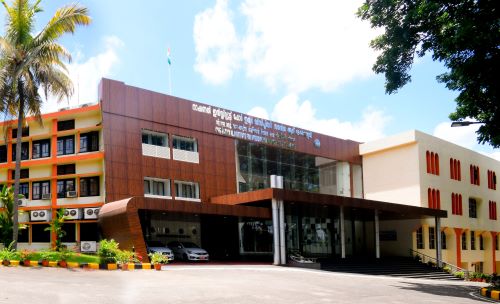CSIR-NIIST transfers process to produce ‘enzyme’ for biofuels

The Council of Scientific and Industrial Research (CSIR) has announced that it has transferred the process for producing the beta glucosidase enzyme, crucial for biofuel manufacturing, for commercial use. This enzyme, developed by the National Institute of Interdisciplinary Science & Technology (CSIR-NIIST), a CSIR affiliate laboratory located in Kerala’s capital Thiruvananthapuram, is now under an agreement with Sarthak Metals Ltd in Nagpur for technology transfer.
According to the agreement, CSIR-NIIST will license Sarthak Metals Ltd to utilize the know-how for beta glucosidase production using filamentous fungus through solid-state fermentation (SSF) process. This enzyme of CSIR-NIIST finds application in biofuel production, particularly for hydrolyzing pre-treated lignocellulosic biomass alongside cellulases as an enzyme cocktail.
Dr. C Anandharamakrishnan, Director of CSIR-NIIST, emphasized the significance of this technology transfer for commercial use, especially with the surge in demand for cellulose cocktails following the clearance of several 2G ethanol projects by the Centre.
The CSIR-NIIST Director said that BGL enzyme, when blended with acid cellulose and commercial biomass hydrolyzing enzyme preparations, can enhance saccharification efficiency by up to 30%. The primary application of the national institute enzyme lies in bio-refineries as enzymes for biomass hydrolysis, blended with synergistic celluloses from filamentous fungi.
Additionally, the enzyme holds promise across various industries including textiles, detergents, and organic synthesis, said CSIR-NIIST.




